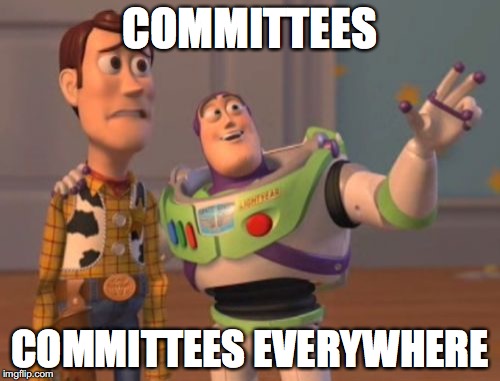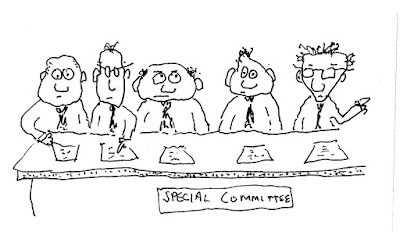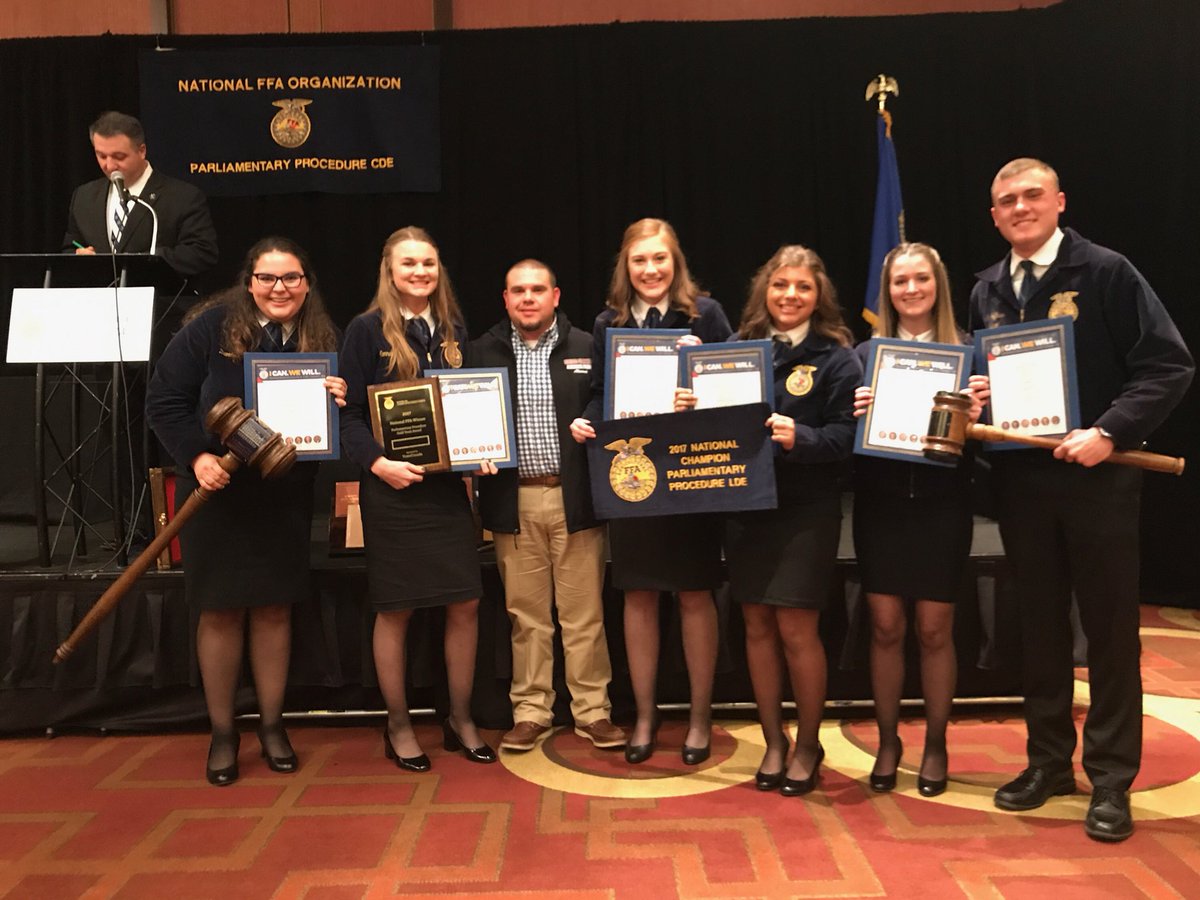So you might now ask, how does this relate to Parliamentary Procedure or Robert's Rules of Order? Well, its simple. Parli Pro used to terrify me, and still sometimes does. There is this giant 700 page book that goes as in depth as possible into the intricacies of how an organization should be structured and how meetings should be run. You mean to tell me that Robert needed 700 pages for that? I guess so, because I spent the past three months of my fall semester at Penn State studying that thick, spiral-bound book.
When I was first approached about taking the course I am pretty sure I was laughing on the inside and thinking "you want me to take Parli Pro and try to understand the foreign language coming out of that book?" Long story short, I signed up for the course because I absolutely believe Parli Pro and Robert's Rules of Order to be valuable knowledge to have. Have I struggled sometimes? Absolutely. The biggest struggle is most likely being able to dissect and comprehend the academic language of Robert's Rules of Order. Once the lingo becomes more familiar, connections start to form and it begins to make sense. But I didn't let the challenges keep me from taking the class or tackling this new learning experience.
Here is just a sampling of what I have learned:
1. Types of assemblies
2. How to form an organization
3. Types of business meetings
4. Rights of members
5. Subsidiary Motions
6. Incidental Motions
7. Privileged Motions
8. Motions that bring back a question before an assembly
9. Types of voting and what votes are needed
10. How to run a meeting
That is just a short list of some knowledge I have gained from this course.
Moral of the story. "Never let the fear of striking out keep you from playing the game."
Allyson Balmer
The Pennsylvania State University
Agricultural and Extension Education
2018 Student-Teaching Cohort
@allyson_balmer









